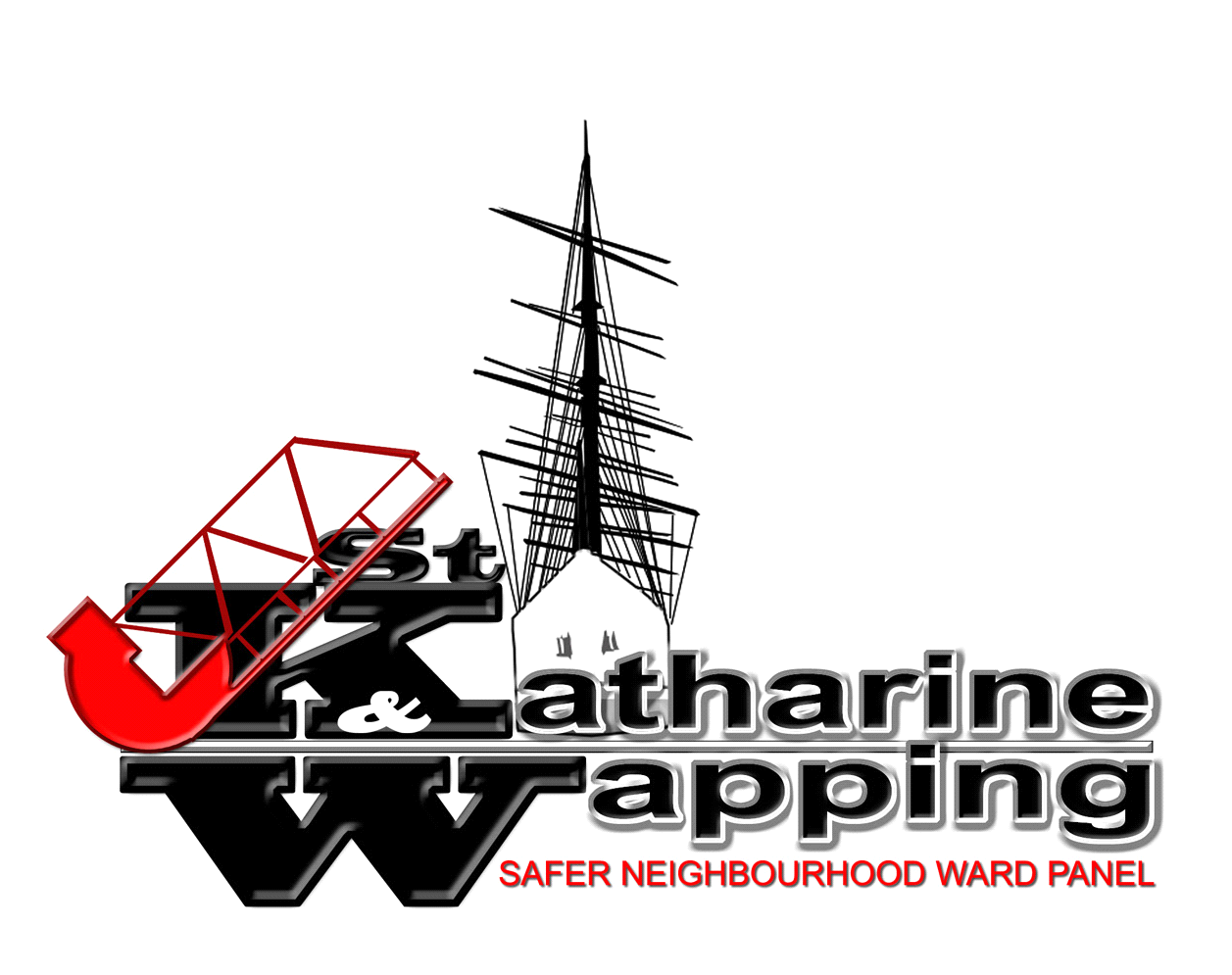The Community Trigger

The Community Trigger - definition:
The Community Trigger is the name generally applied to the Response to Complaints section of the Anti-social Behaviour, Crime and Policing Act 2014. It enables victims to require agencies to carry out a review of their response to the anti-social behaviour they reported where they feel they did not get a satisfactory response. It is also known as the ASB Case Review. The two names are used interchangeably.
The process:
When a person has made a complaint about anti-social behaviour in a particular local government area the relevant bodies in that area must carry out an ASB case review if:
a) That person, or any other person, makes an application for such a review (i.e. activates the Community Trigger).
and
b) The relevant bodies decide that the threshold for a review is met.
Each Local Authority area sets its own threshold but the most common threshold is likely to be if someone has complained 3 times in a 6 month period and feels nothing has been done. The review will focus either on the ongoing anti-social behaviour about which the original complaint was made or on the adequacy of the response to that behaviour. Either way, victims should see a full, independent review of their complaint.
The relevant bodies who carry out an ASB case review must inform the applicant of the outcome of the review and any recommendations made. They must also publish each year how many triggers have been activated and how many case reviews have been carried out.
Each Local Authority must specify the point of contact for activating the Community Trigger and ensure that applications made to that point of contact are passed on to all the relevant bodies in the local government area. The statutory guidelines advise that this information is made clear and that there be a number of ways of activating the trigger.
The relevant bodies and responsible authorities who undertake the case review are:
1) Councils.
2) Police.
3) Clinical Commissioning Groups in England and Local Health Boards in Wales.
4) Registered providers of social housing who are co-opted into this group.
If the threshold is met a case review must be undertaken by the relevant bodies. They should share information related to the case, review any action taken previously, and decide if further action can be taken. The local ASB Case Review procedure should state clearly what the time-scale is for the review to be completed. If the person who initiated the trigger is not satisfied with the conclusions it can be taken to appeal, however the process ends at that point. The appeal result cannot be appealed.
Data regarding the number of triggers received by an authority must be published at least annually, though it may be published more often if the authority wishes to do so. Published data must not include anything that could identify victims.
Timescales:
The Community Trigger is a time-critical event that should be given priority. That means that any local authority receiving a trigger request should adhere to a strict timetable on which the trigger request will be:
a) Acknowledged formally with details of how long it will take to report on whether or not the trigger request is judged to be valid.
b) A timescale on which the person requesting the trigger can expect it to be completed.
Anyone requesting a trigger should monitor these timescales and hold the local authority to them. If the authority breaches those timescales without a valid explanation (or any explanation at all), a formal complaint should be raised immediately.
Further reading:
More details of the Community Trigger for Tower Hamlets can be found here:
There is also an independent organisation called ASB Help who offer advice in relation to anti-social behaviour and the Community Trigger. Their website can be reached at the following URL:
St. Katharine and Wapping Safer Neighbourhood Ward Panel December 2020